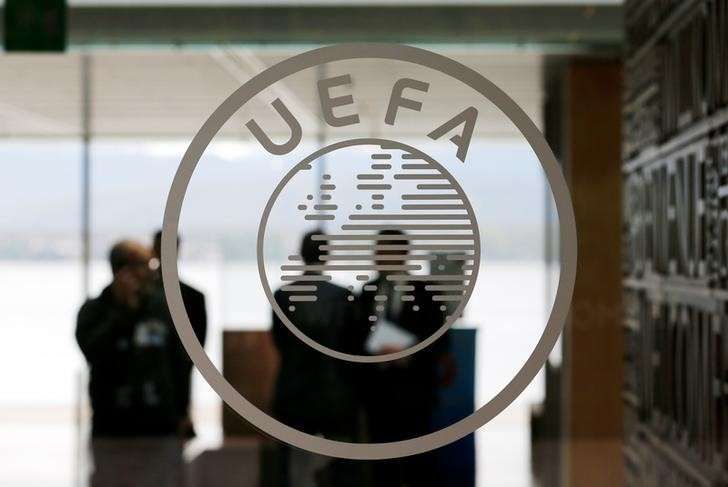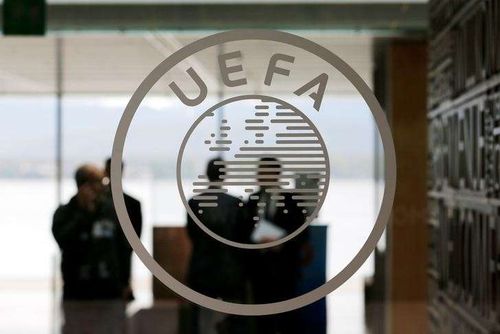
PREVIEW - European football split as UEFA elects new president

By Brian Homewood
ZURICH (Reuters) - UEFA elects a new president on Wednesday whose main task will be to stop what European officials say is an inexorable slide towards a breakaway soccer Super League open only to wealthy clubs such as Real Madrid and Manchester City.
Aleksander Ceferin, a lawyer from Slovenia, and Dutchman Michael van Praag, an experienced football administrator, are the only candidates for a job which will essentially involve keeping European football intact in its current form.
The election, which will be held in Athens, has been called after former president Michel Platini was banned last October as FIFA's ethics committee investigated allegations of unethical conduct.
Platini, banned for four years, finally resigned in May after exhausting the appeal process and the power vacuum allowed the big clubs to negotiate changes to the flagship Champions League in their favour.
Those were finalised last month when UEFA opened up more places to teams from Europe's biggest four leagues -- effectively Spain, England, Germany and Italy –- in the competition’s lucrative group stage and cut those allocated to the rest.
Faced with the possibility of the big clubs forming their own Super League, UEFA said it had managed to “keep it in the family” but the move infuriated many clubs and leagues from outside the main countries.
Both candidates criticised the way in which the Champions League changes were made.
However, as so often happens in the secretive world of soccer politics where officials like to keep their options close to their chests, they were cagey on whether they would try to reverse the changes if elected.
“There needs to be a far stronger balance between sporting merit and commercial pressures, otherwise we risk an inexorable slide towards an NFL-style closed-shop system,” said Neil Doncaster, CEO of the Scottish league.
“UEFA has a duty to act on behalf of the entire game, not just a few, select clubs and leagues and it must take that duty far more seriously if it is not to risk presiding over a harmful fragmentation of the game.”
Dutch league director Jacco Swart even predicted a worldwide league in the next few years, driven by "TV markets, huge sponsors, branding and marketing".
The gap between the richest clubs and the rest has continued to grow over the last few years, fuelled by a revenue distribution system which dishes out larger sums to the bigger clubs and creates a snowball effect.
During the last European transfer window, Manchester United spent more on midfielder Paul Pogba -- 100 million euros -- than the combined transfer expenditure of Portugal's 16 first division clubs.
Both candidates in the election, hailing from smaller nations, have experienced the differences first hand.
Ceferin’s homeland has been represented in the Champions League group stage only twice since 1992 -– both times by Maribor. The 48-year-old appears to be the favourite, although he is little known outside Slovenia.
Van Praag, now head of the Dutch FA, is a former chairman of Dutch club Ajax which used to be a major European power but can no longer compete with the financial might of clubs from bigger leagues.
Like other once mighty clubs such as Benfica, Ajax has effectively become a feeder club for the big leagues, supplying young talents such as Zlatan Ibrahimovic and Luis Suarez, who both played there earlier in their careers.
Insiders say that the new incumbent, who will be in the post until 2019, will need the courage to stand up to the big clubs if he wants to keep the traditional pyramid system, where teams can rise and fall according to their sporting results.
Lars-Christer Olsson, head of the umbrella group representing 24 European leagues, said that ultimately sponsors were likely to shy away from a sport which was splintered.
“The last thing they want is a split in the market,” he told Reuters. “I think UEFA was afraid for no real reason."
(Editing by Clare Fallon)